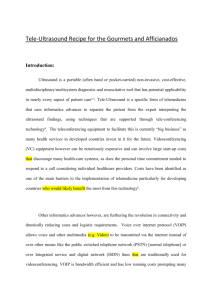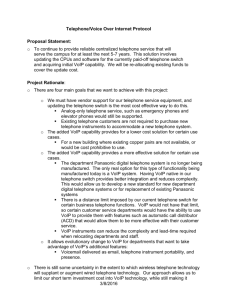Safety First!
advertisement
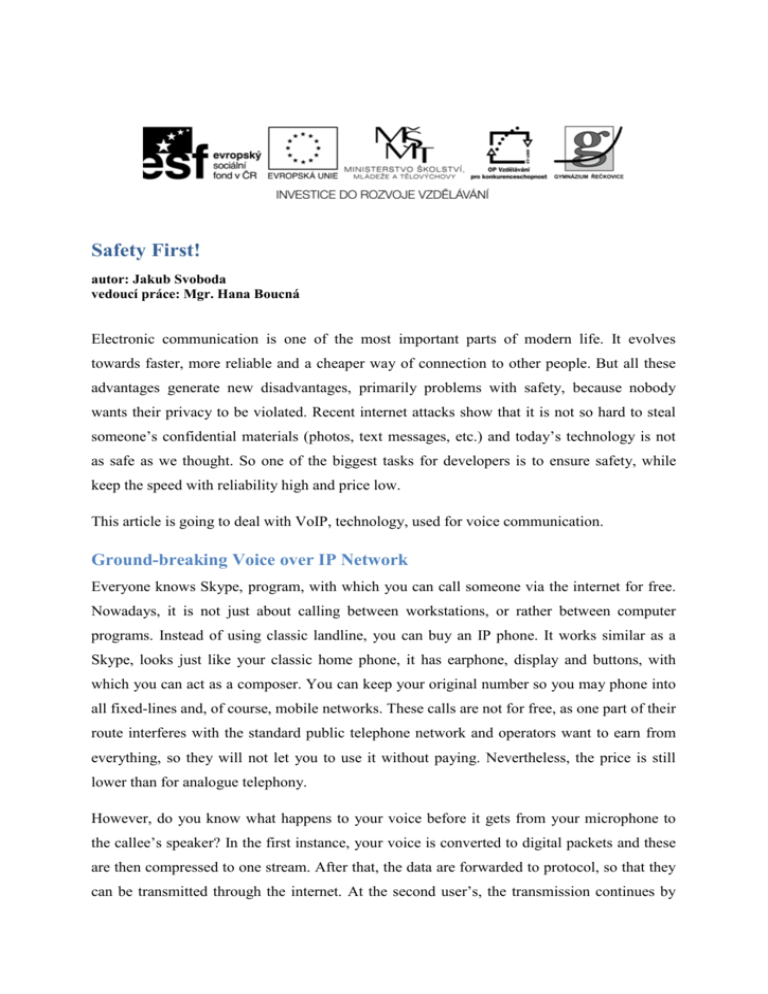
Safety First! autor: Jakub Svoboda vedoucí práce: Mgr. Hana Boucná Electronic communication is one of the most important parts of modern life. It evolves towards faster, more reliable and a cheaper way of connection to other people. But all these advantages generate new disadvantages, primarily problems with safety, because nobody wants their privacy to be violated. Recent internet attacks show that it is not so hard to steal someone’s confidential materials (photos, text messages, etc.) and today’s technology is not as safe as we thought. So one of the biggest tasks for developers is to ensure safety, while keep the speed with reliability high and price low. This article is going to deal with VoIP, technology, used for voice communication. Ground-breaking Voice over IP Network Everyone knows Skype, program, with which you can call someone via the internet for free. Nowadays, it is not just about calling between workstations, or rather between computer programs. Instead of using classic landline, you can buy an IP phone. It works similar as a Skype, looks just like your classic home phone, it has earphone, display and buttons, with which you can act as a composer. You can keep your original number so you may phone into all fixed-lines and, of course, mobile networks. These calls are not for free, as one part of their route interferes with the standard public telephone network and operators want to earn from everything, so they will not let you to use it without paying. Nevertheless, the price is still lower than for analogue telephony. However, do you know what happens to your voice before it gets from your microphone to the callee’s speaker? In the first instance, your voice is converted to digital packets and these are then compressed to one stream. After that, the data are forwarded to protocol, so that they can be transmitted through the internet. At the second user’s, the transmission continues by reverse transformation. All your callee hears is your voice. This conversion works so fast that the delay between pronouncing and listening is negligibly small. Some Advantages and Disadvantages of VoIP Every technology has its pros and cons, same is true for VoIP. You could say that in this case advantages prevail. These include the effective use of existing telephone and the Internet networks, so there is no need to build a new infrastructure. At first, you will need to invest a bit more money in your new equipment, but if you use it together with proper tariffs, the money will pay itself in few months. On the other hand, with all these benefits, with which VoIP comes, are shown problems that this relatively new technology has. It is less fool proof; however, it mostly suffers from the same problems as the internet. When there is an extreme amount of callers, the switchboard can overload, the service can suddenly become unavailable and no one will be able to connect with anybody. This can also be caused intentionally, by distributed Denial of Service; the socalled DDoS attacks that artificially increase the number of fictitious callers and also overload PBXs. PBX is shortcut for private branch exchange, about which you can read in the next chapter. Except the network outage there are also security risks. If you do not use a secured communication type, the attackers will be able to intercept your calls, unexpectedly terminate or redirect them. Existing telephone network has these risks already, with the difference that, in VoIP the attacker even does not need to get up from the computer. Software PBX – do you remember? The switchboard in VoIP looks different than what you have known yet. Instead of a bunch of mechanical components it is a simple computer program, which can be run on any Linux PC. So you do not need any further unnecessary expensive devices. Asterisk PBX can be mentioned, for example, which is open-source, in other words free. This program lets your employees to call each other for free. Asterisk offer their own, secured protocol that is almost invincible for the attackers. Your PBX can be equipped with a considerable amount of addonns, such as Black list, which allows you to block incoming calls, Call monitoring, allowing you eavesdropping conversations or Spell/Say, a service that is able to read a text. Software Clients - why use your computer? The Software clients substitutes for the phone and are used similarly as Skype. Most of them have their own user interface, which makes using them much easier. You can make contacts list, view your calls history, it has a dial pad keyboard as normal phone, so you can navigate through interactive voice response. Almost all of them can run on Windows and some of them are translated to Czech. Even a few of them also support video calling and instant messaging, of course secured. Each of them has some special features, for example, Twinkle can repeat your last call, set your own ringtone, redirect call when you are away from keyboard, etc. If you are not a CIA agent, who needs perfectly secured calls, conversations, etc., would not you really want to save money just by leaving the traditional environment in which operators, in comparison with VoIP, charge high fees? They do not want to promote new technologies, because it usually means lower profits for them. So they would rather let you pay more for their outdated money gluttons. Now, with your knowledge, if you look closely to their price lists, you are very likely to grab your head and complain yourself, why you have not heard about VoIP a way earlier. Nevertheless, if you need a certain level of security when transmitting sensitive data that should not get into the hands of anyone else, you may choose another way. VoIP has future, but it could be recommended for developers to focus more on safety. Sources: Vozňák, Miroslav. Voice over IP. 1. vyd. Ostrava: Vysoká škola báňská - Technická univerzita Ostrava, 2008. Print. [1] Novotný, František. Bezpečnost VoIP protokolů. Brno: VUT FEKT, 2010. Print. [2] [3] Twinkle SIP softphone <http://www.twinklephone.com/> for Linux. 2009. Web. 28 Jan. 2015.
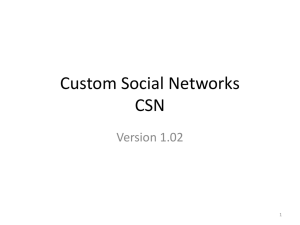


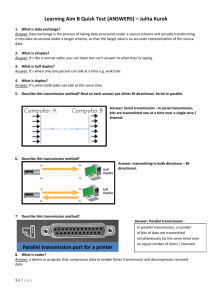

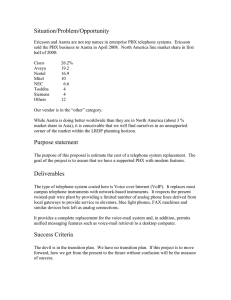
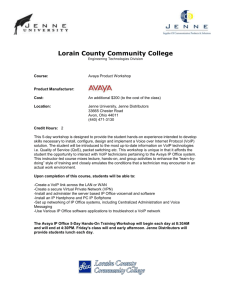
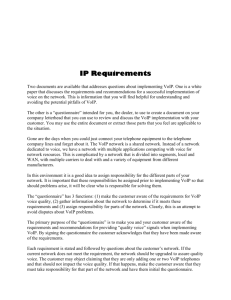
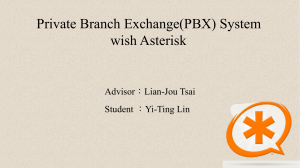
![[November 02, 2006] Research from University of California, Physics Department](http://s2.studylib.net/store/data/010903440_1-a449ec2e48b4f930217ce853db4dbd1d-300x300.png)
